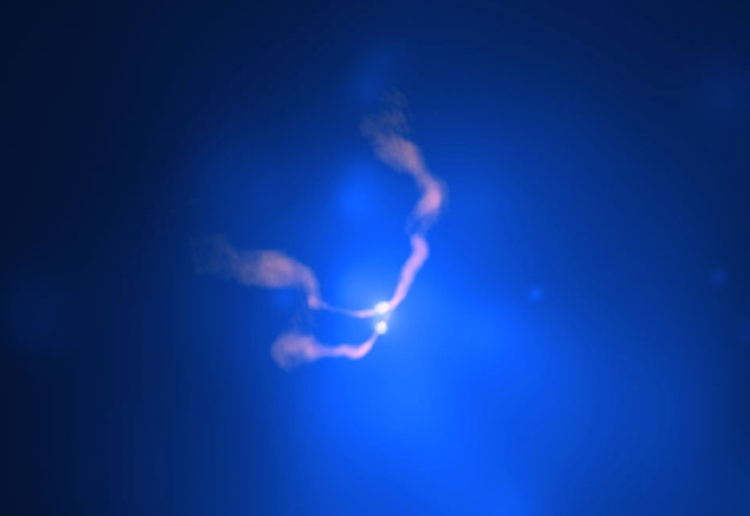The fact that philosophical idealism is attempting to make use of the new physics, or that idealist conclusions are being drawn from the latter, is due not to the discovery of new kinds of substance and force, of matter and motion, but to the fact that an attempt is being made to conceive motion without matter. And it is the essence of this attempt which our Machists fail to examine. They were unwilling to take account of Engels’ statement that “motion without matter is unthinkable”. J. Dietzgen in 1869, in his The Nature of the Workings of the Human Mind, expressed the same idea as Engels, although, it is true, not without his usual muddled attempts to “reconcile” materialism and idealism. Let us leave aside these attempts, which are to a large extent to be explained by the fact that Dietzgen is arguing against Büchner’s non-dialectical materialism, and let us examine Dietzgen’s own statements on the question under consideration. He says: “They [the idealists] want to have the general without the particular, mind without matter, force without substance, science without experience or material, the absolute without the relative” (Das Wesen der menschlichen Kopfarbeit, 1903, S. 108). Thus the endeavour to divorce motion from matter, force from substance, Dietzgen associates with idealism, ranking it with the endeavour to divorce thought from the brain. “Liebig,” Dietzgen continues, “who is especially fond of straying from his inductive science into the field of speculation, says in the spirit of idealism: ‘force cannot be seen’” (109). “The spiritualist or the idealist believes in the spiritual, i.e., ghost-like and inexplicable, nature of force” (110). “The antithesis between force and matter is as old as the antithesis between idealism and materialism” (111). “Of course, there is no force without matter, no matter without force; forceless matter and matterless force are absurdities. If idealist natural scientists believe in the immaterial existence of forces, then on this point they are not natural scientists…but seers of ghosts” (114).
Thus we see that scientists who were prepared to assume that motion is conceivable without matter were to be encountered forty years ago too, and that “on this point” Dietzgen declared them to be seers of ghosts. What, then, is the connection between philosophical idealism and the divorce of matter from motion, the separation of substance from force? Is it not “more economical”, indeed, to conceive motion without matter?
Part one/to be continued…
V.I.Lenin, Materialism and Empirio-Criticism: Critical Comments on a Reactionary Philosophy, 1908, Progress Publishers, Moscow, 1977, pp. 246-254, 247
